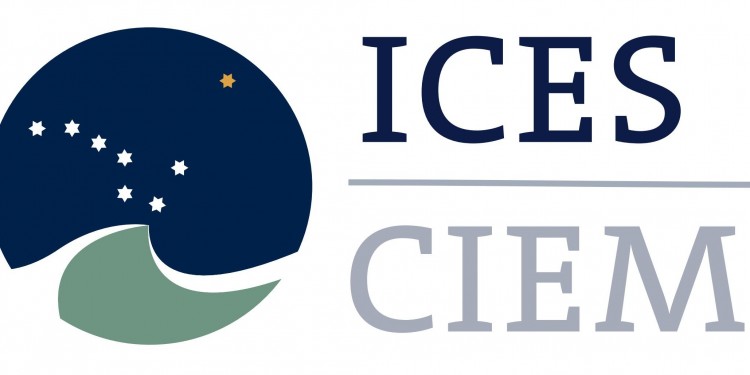Positive state of ICES fish stocks presented to European Commission
Today, the International Council for the Exploration of the Sea (ICES) delivered an overview of the status of a host of fish and shellfish stocks across the Northeast Atlantic for which the organization has provided advice on this year.
The Chair of ICES Advisory Committee, Eskild Kirkegaard, presented the information at a seminar in Brussels organized by the European Commission’s Directorate-General for Maritime Affairs and Fisheries (DG MARE). Encompassing around 150 stocks, the general picture is of a reduction in the exploitation level in accordance with the advice provided by ICES and in line with management objectives for sustainable fisheries.
“Over the last ten to fifteen years, we have seen a general decline in fishing mortality in the Northeast Atlantic and the Baltic Sea,” explained Kirkegaard. “The stocks have reacted positively to the reduced exploitation and we’re observing growing trends in stock sizes for most of the commercially important stocks.”
For the majority of stocks, it has been observed that fishing mortality has decreased to a level consistent with Maximum Sustainable Yield (MSY) – meaning levels that are not only sustainable but will also deliver high long term yields.
An example of this trend is reflected in the status of North Sea cod for which advice was recently issued, where a downturn in fishing mortality and an upturn in Spawning Stock Biomass (SSB) was noted. North Sea plaice, which is now at record high levels is a comparable example.
The current stock and exploitation status of all ICES stocks can be viewed on the ICES website.
The International Council for the Exploration of the Sea (ICES) coordinates and promotes marine research in the North Atlantic Ocean, the North Sea, and the Baltic Sea. ICES advises international commissions and governments on marine policy and management issues related to the impacts of human activities on marine ecosystems and the management of the exploitation of living marine resources. ICES is working towards integrated ecosystem assessments and integrated advice, delivered at the regional seas level. For more information, visit www.ices.dk.
Source and photo credit: ICES



